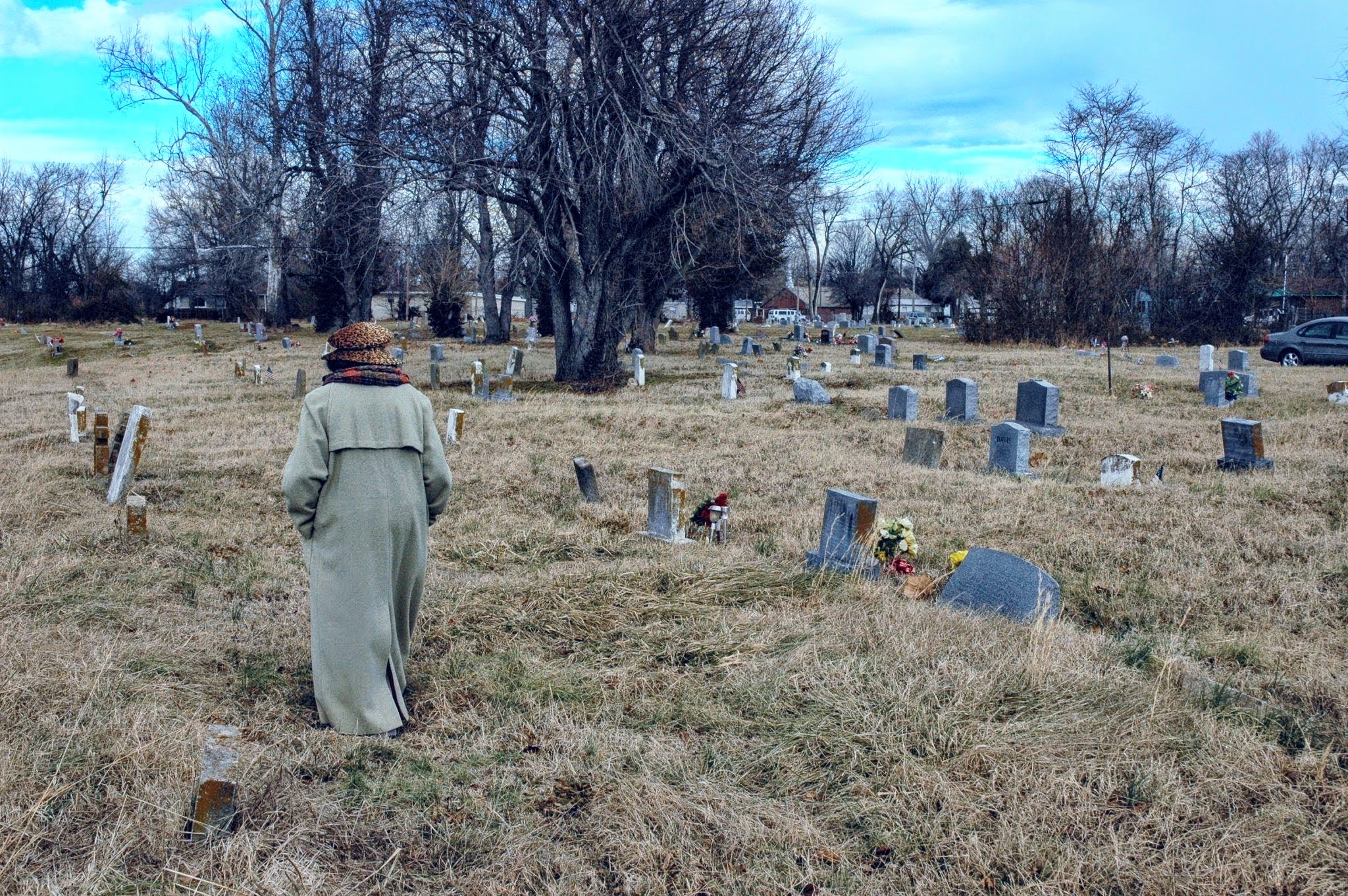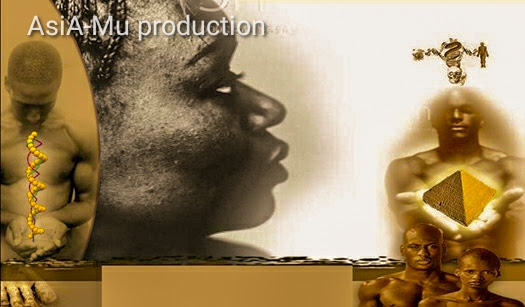The Great Awakening
Symposium 2025: “The Great Awakening”
Objective: To unite regional and local descendants of enslaved individuals who have ties to culturally significant historic sites and cemeteries in the Mississippi River Delta valley for two days dedicated to education, advocacy, and empowerment.
Venue: Southeast Missouri State University, Sikeston, Missouri
This event aims to bring together descendants of enslaved individuals to foster a sense of community, provide educational opportunities, and advocate for the preservation and recognition of historic sites and cemeteries. It will be a platform for empowerment and raising awareness about the cultural significance of these sites.
Welcome to the 2025 Regional Symposium 2025
“The Great Awakening” – A Two-Day Event Culturally-focused on a case study fueled by Desecration of Enslaved Burial Grounds, public discourse helps establish a premise for developing a “STATEMENT OF SOLIDARITY for PRESERVATION OF LOCAL DESCENDANT’S COMMUNITIES HISTORY and CULTURAL AFFAIRS:
- This is predicated on the onslaught leveled at the historic descendant communities of Black towns scattered throughout the Missouri Bootheel and across the country, are outraged and appalled at the most recent Appellate Court of Maryland decision that allows the Housing Opportunities Commission (HOC) of Montgomery County, Maryland to sell part of the historic Moses Macedonia African Cemetery.
- Notwithstanding that the Appellate Court of Maryland recognizes the burial ground and the Bethesda African Cemetery Coalition as the primary descendant community and that the cemetery was lost (add quote from court of appeals to make clear delineation between new language vs the language of the oppressor) due to the displacement of the Bethesda River Road African community due to Klan violence and ethnic cleansing and still rule that the interests of developers matter more than that of a descendant community is egregious. This ruling sets a dangerous precedent in the battle to protect Black Progenitors Burial
- Grounds/cemeteries. The ruling strips our community of the legal tool to protect our sacred burial grounds from greedy developers.
of Black people, arriving kidnapped from West, East, and Central Africa, that was perpetrated throughout the period of active so-called slavery, continued through Jim Crow, instituted through the theft of land from Black property owners and codified in perpetuity by the annihilation of the rich history of once thriving communities that was displaced by developers in collusion with local, state and the federal government.
Genocide is defined by the 1948 UN Convention on the Prevention and Punishment of the Crime of Genocide – Article 2 as:” any of the following acts committed with the intent to destroy, in whole or in part, a national, ethnic racial or religious group: killing members of the group; causing serious bodily or mental harm to members of the group; deliberately inflicting on the group conditions of life calculated to bring about its physical destruction in whole or in part; imposing measures intended to prevent births within the group; forcibly transferring children of the group to another group.
“Symposium Theme: “The Great Awakening” – Highlighting the “African Enslaved progenitors Burial Grounds Preservation Act”. A call for public action through this inaugural symposium listening and learning sessions. The “onset” of the Enslaved Burial Grounds Preservation Act” (117th Congress (H.R. 6805, S. 3667) enabling Progenies’ of historic Black Communities to research, identify, document, preserve, and interpret historic African Progenitors burial grounds. This advancement brings high expectations as preservationist will convene in 2025 at Southeast Missouri State University to collaborate with region institutions and invited guests participant to reassess the cultural landscape of historic African-American rural settlements in Southeast Missouri’s Delta Region. The intended purpose to address and evaluate the current ethnic preservation issues and conditions of related cultural infrastructures post “Jim Crow” era. SYMPOSIUM-2025 focus on preserving pre-integration historic places of African-Progenitors’ communities throughout the Missouri Bootheel region.
Legislative Support: In 2023, the 117th Congress authorized a National Park Service-administered grant program (H.R. 6805, S. 3667) to support research, identification, documentation, preservation, and interpretation of historic African American burial grounds in the Bootheel region of Missouri.
Leadership: The symposium is led by the SEMO African Progenitors Heritage Commission (APHC), SEMO Bollinger Center Region History, and Lincoln University, Missouri. The focus is on assessing the current state of protection and documentation of African American burial grounds, many of which are in disrepair, inaccessible, or unmapped.
Agenda and Outcomes for 2024:
A preparatory interdisciplinary “workshop” will be convened to develop a “rubric” for public historians to collaborate with descendants. An Organized Task Force on Abandoned African-enslaved American Burial Grounds (Cemeteries) will be established to:
- Investigate the prevalence of unmarked or abandoned African-American cemeteries and burial grounds in the state’s Bootheel region.
- Formulate and propose strategies for cataloging these sites while honoring local history and maintaining the dignity and respect for the deceased.
Collaborative Effort:
- Educators, curators, scholars, activists, museum and historic site practitioners, and descendants will gather to discuss and determine the most effective strategies for this endeavor.
The Symposium 2025: “The Great Awakening” Symposium , held this year in Southeast Missouri (date and month [TBD]) 2025, is an annual gathering dedicated to cultivating a dynamic and thoughtful conversation about the restoration of historic Progenitors Blacktowns economy and cultural infrastructure, education today.
The Symposium brings together participants from across the country (and beyond) to hear from numerous speakers over Two days.
Topics of discussion include Inaugural “Listening Session”: Symposium 2025 will introduce the “Teaching and Learning” model, featuring experts who will lead Concurrent Sessions on:
- “Descendant Communities: Connecting with Your Family’s Site of Enslavement”
- Racial Reconciliation
- Genealogy and Descendant Communities An Open Question Forum with DNA specialists, legal historians, descendant researchers at sites of slavery, and experts on the desecration of Black burial grounds and theft of Black lands.
Speakers are drawn from the wide range of disciplines academic world: expert K-12 teachers, scholars of humanities, historical and philosophical studies, math and science, school leaders, public intellectuals, policy experts, authors, and artists.
The symposium titled “The Great Awakening” will cover a range of topics dedicated to education, advocacy, and empowerment. Here are some potential topics that could be included:
These topics aim to foster a sense of community, provide valuable education, and advocate for the preservation and recognition of culturally significant sites and cemeteries.
- Historical Significance of the Mississippi River Delta Valley:
- Exploring the cultural and historical importance of the region.
- Understanding the legacy of enslaved individuals and their descendants.
- Preservation of Historic Sites and Cemeteries:
- Strategies for preserving and maintaining culturally significant sites.
- Advocacy for the recognition and protection of these sites.
- Genealogy and Family History:
- Techniques for tracing ancestry and uncovering family histories.
- Sharing personal stories and connecting with other descendants.
- Education and Empowerment:
- Educational opportunities for descendants of enslaved individuals.
- Empowerment through knowledge and community support.
- Community Advocacy and Activism:
- Building a network of advocates for cultural preservation.
- Engaging in activism to promote awareness and change.
- Workshops and Interactive Sessions:
- Hands-on workshops on topics such as genealogy research and site preservation.
- Interactive sessions for sharing experiences and building connections.
These topics aim to foster a sense of community, provide valuable education, and advocate for the preservation and recognition of culturally significant of historical burial sites and cemeteries.
***Gatherings during the Symposium.
Even more impressive is that the Symposium will be offered at modest rates as in previous years, with no price increases for attendees. Once registration opens, be sure to take advantage of the early bird rates.
The 2025 event promises to uphold the tradition of fostering deep discussions and learning about descendants of enslaved people who once lived and worked in cotton fields and its surrounding agriculture plantations.
The program will feature presentations from leading scholars and practitioners in the fields the humanity and sciences, and business. With 8 spots available for academic professionals, including administrators, teachers, and parents, the Symposium is set to deliver another exceptional experience and cultivate wonder in all that attend..
Panel Discussions:
Yes, there will be panel discussions during the symposium:
“The Great Awakening.” These panel discussions will feature experts, historians, and community leaders who will address various topics related to the symposium’s objectives. The discussions will provide an opportunity for attendees to engage with the panelists, ask questions, and participate in meaningful conversations about the preservation of historic sites, genealogy, community advocacy, and more.
The panel discussions at the symposium “The Great Awakening” could be structured to address the following critical demands and topics:
- Panel Discussion Format: “Protecting Our Heritage”
Key Demands:
- Immediate End to Desecration: NAll desecration of African burial grounds must cease immediately.
- Legislative Protection: The US Congress should enact laws to safeguard African burial grounds, akin to the Native American Cultural Preservation Act.
- Legal Agreements for Land Ownership: Landowners and potential buyers of properties containing historic African American cemeteries must engage with descendant communities and obtain legal approval for any agreements.
- Federal Crime Classification: The desecration of historic cemeteries should be classified as a federal crime in the absence of protective measures.
- Hate Crime Consideration: Desecration of African burial grounds should be recognized as a federal hate crime.
- Criminal and Financial Penalties: Developers and local governments should face criminal charges and financial penalties (up to $1 billion) for desecration.
- Prohibition of Trafficking: Trafficking of human remains and associated objects from burial sites by any party is a criminal offense.
- Funding Cessation for Complicit Agencies: Federal funding should be withdrawn from agencies involved in the desecration of Black enslaved people’s burial tombs and cemeteries.
- Independent Audits: Agencies implicated in cemetery desecration should undergo independent audits.
- Restitution and Stewardship: Entities responsible for desecration must return the land to descendant communities and provide resources for restoration.



One response to “Welcome to Asri Delta Symposium 2025”
Hi, this is a comment.
To get started with moderating, editing, and deleting comments, please visit the Comments screen in the dashboard.
Commenter avatars come from Gravatar.